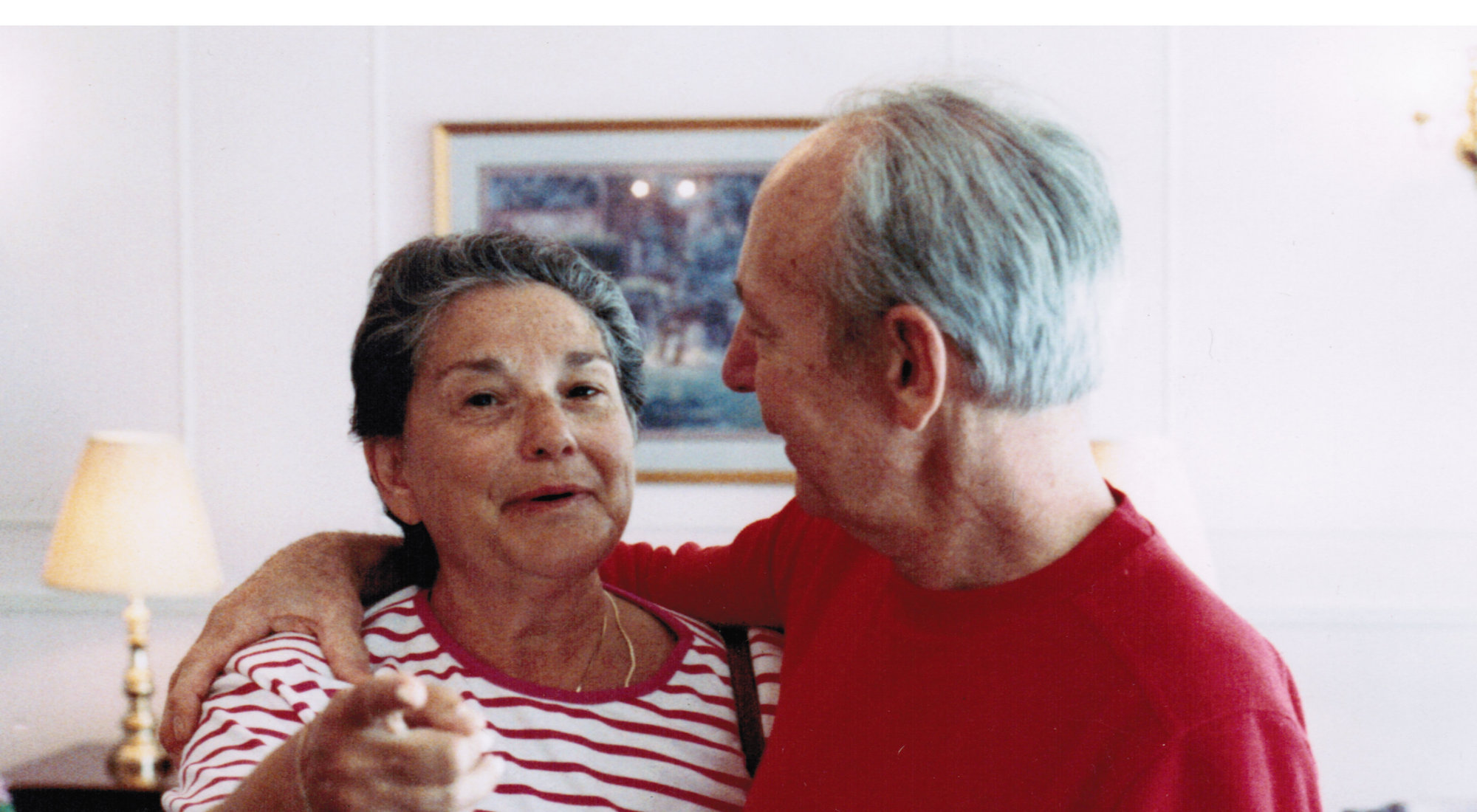When we speak to another person, we operate on certain basic assumptions of understanding. The most fundamental assumptions have to do with understanding our identity and place in the world. However, for the dementia patient, the usual confidence one has about these things is undermined. So, what does that mean? It means that we must retrain our speech habits to communicate more clearly, to listen more deeply, and to remember that we speak with words and with our body.
Remembering the power of cues in the environment, we need to recognize the cues that we give to others in speaking. If I speak to you with a certain level of panic in my voice and posture, such as panic that arises when I worry about whether or not you remember me, that panic is what an AD patients keys on. Remember that this kind of panic is really based on our own needs, not the needs of your loved one. We want to reassure ourselves that our loved one remembers who we are as well as who we are to them. It is seeking confirmation that the illness has not stripped away their understanding of our connection.
But really, if we are there to support our loved one, the power we can access as caregivers is based on stepping beyond our personal needs for the well being of our loved ones, Returning to the theme of cuing for supporting your loved one, take the simple example of a child visiting their parent with AD. One option is to walk in and ask “do you remember my name?” A second option would be to walk in and say, “ Hi Dad, it is your son, Lyle.” The first is a test, the second is a simple statement of relationship that requires no conceptual assessment on the part of your loved one.
